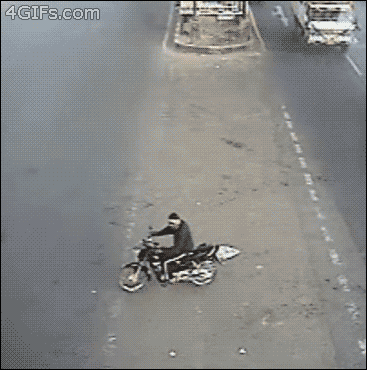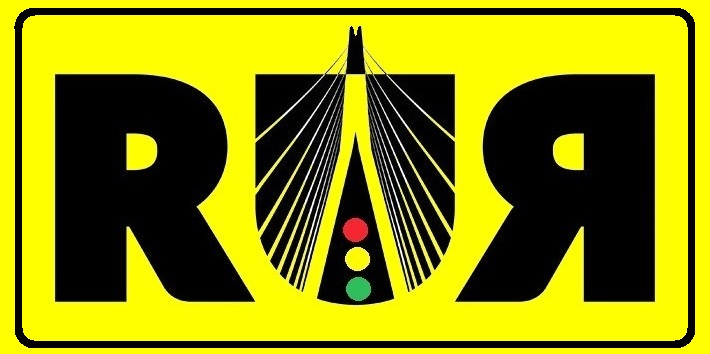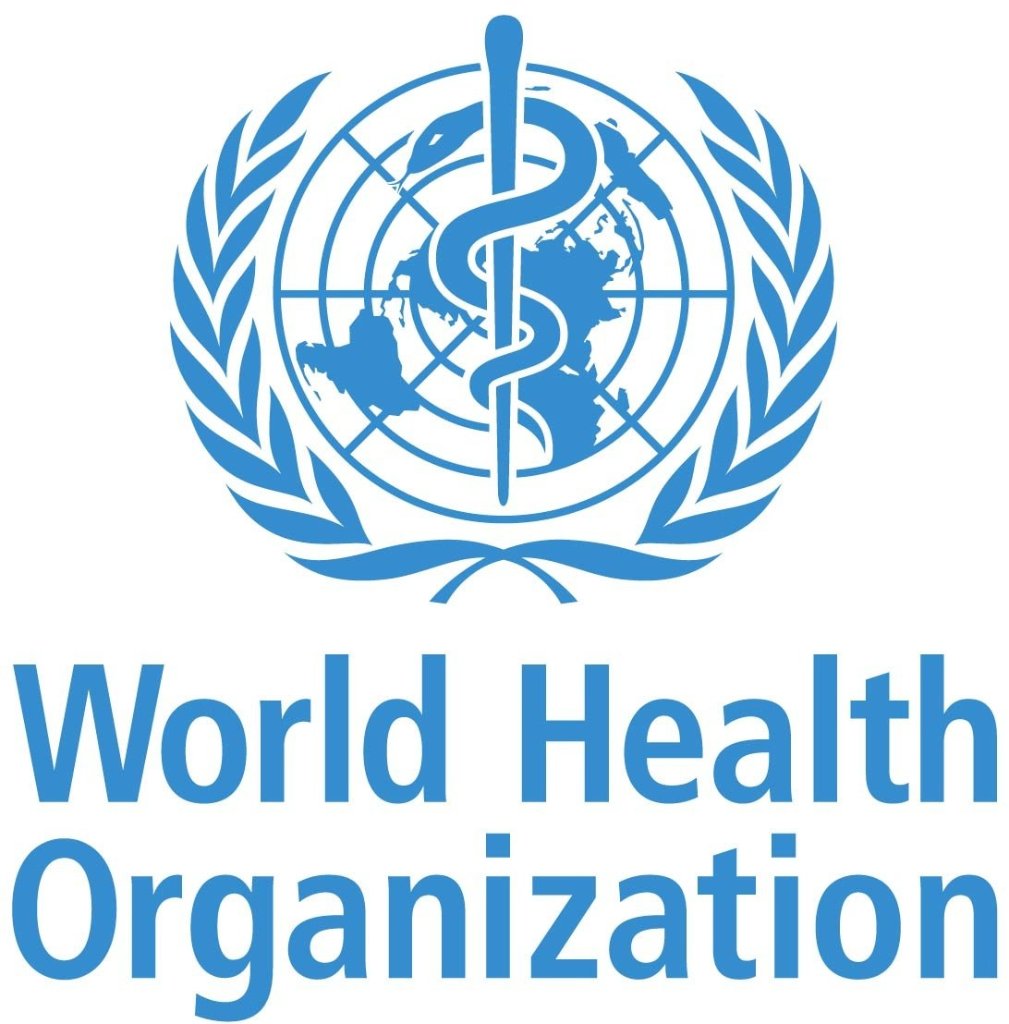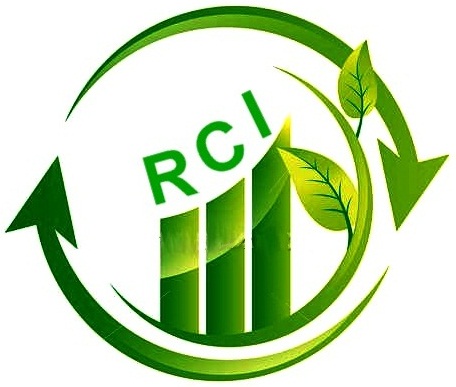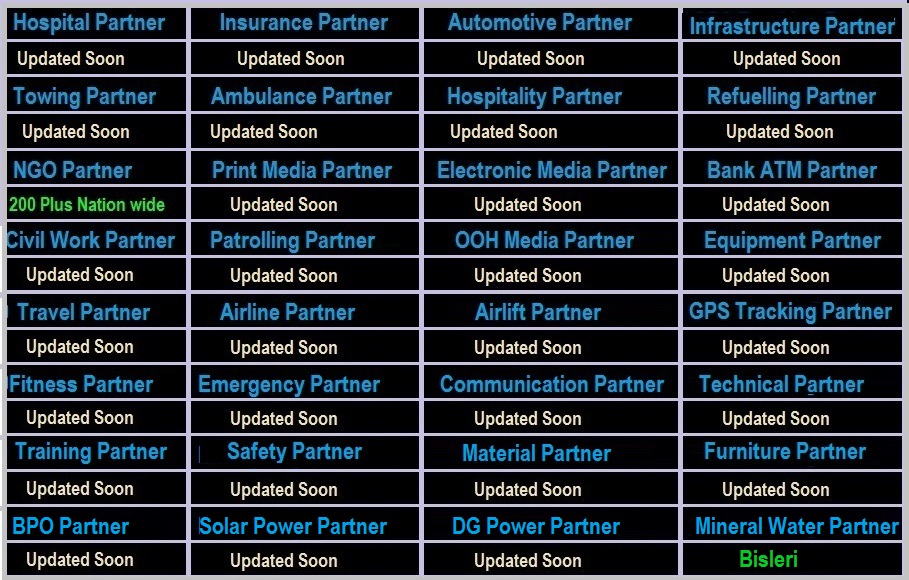All road users should participate & support in road safety awareness campaigns which is a most common responsibility. We appeal to all key stakeholders to unite to make a combine efforts to prevent accident. Participate and support us in our 20 points road safety awarenss campaign to put a brake to daily road accidents..! |
|
|
|
|
|
Mother India Care is making a fundraising appeal to all road users and key stakeholders to contribute, support and participate our National Project to provide emergency services to road accident victims to save precious lives |
|
|
|
|
|
Drive Safe & Arrive Safe – Public Awarness Campaign on Road Safety and to curb a man made national Disaster India witnesses a life casualty every 4 minutes in a road accident. The increase in the death ratio is maximum due to the lack of proper aid in time to the road accident victim. Its high time now. This needs to stop and requires immediate attention. MIC have been pre-eminent in spreading the message about road safety through a wide variety of grass root activities aimed at raising awareness amongst all levels of society as to the risks and consequences associated with a lack of road safety awareness. The intention to educate and encourage the people in general and drivers in particular for safe driving, road safety is priority by MIC (Mother India Care) while driving or riding. The solution could be derived or the remedial measure could be worked upon if the road commuters are aware about the cause and the fatal consequence of road accidents. over speeding, rash driving & showing stunt on the roads contributes towards the maximum casualty. We promote Road Safety Awareness Campaigns to draw the public attention and bring consciousness among them. The code isn’t about maintaining obediently following the traffic rules and precisely ensuing more alertness for others concerning about the consequences and costs of road accidents. Our main motto is to put a brake to daily road accidents which is possible by raising public awareness constantly through various means. What is public awareness?
Public awareness is the public’s level of understanding about the importance of road safety for road users in the localities, cities and in India. Raising public awareness is not the same as telling the public what to do – It is explaining issues and disseminating knowledge to people that they can make their own decisions. High public awareness occurs when a significant proportion of society agrees that the safe drive (road safety) is an issue that is of great importance to all citizens. Low public awareness occurs when majority of people do not know and do not care about safe drive (road safety). There are two main areas to focus on when raising awareness about safe drive (road safety). First there is general awareness, which involves widespread understanding and acknowledgement of the issues on a societal level. Second, there is self awareness which occurs when individuals understand how the concept of safe drive affects them personally.
There are different ways to raise public awareness about safe drive for road users. It can be done through specific planned events, banner campaigns, poster campaigns, websites, documentaries, newspaper articles, in schools and workplaces – any publicly available medium. Different examples of strategies for raising awareness are presented throughout this section. Ideally, program partners would combine a few strategies together, each tailored to the priority and specific groups of the population.
Methodologically sound approaches to raising awareness, together with sufficient exposure have been shown, through social science research, to have an effect on knowledge, attitudes and behaviour. It is usually more effective to create a coordinated, long-term awareness-raising campaign than to create large, short-term campaign. This is because when the concept of safe drive is talked about over time, its importance becomes normalized – it becomes a normal part of people’s everyday lives. By contrast, if there is only one single campaign to address the issue of safe drive (road safety), people may forget about the issues once the campaign is over. By taking different approaches at different times, and at different places, awareness can be raised all over the city, district, state and country level. There is a need to involve all the stakeholders, road users to make constant and combined efforts using planned activities, events and issues as a backdrop for talking about safer Indian roads.
We all know with the fact that human body is very delicate and metal body (vehicle) is too hard, and if a moving vehicle just touches the human body, it causes minor injuries to major collusion. The main causes of road traffic accidents are over speed, drink & drive, use of mobile phone on wheels, defective road, driver fault, vehicle fault and not following road traffic rules amongst others. These road accidents cause human and financial loss to a family and administration. The code isn’t about maintaining following the traffic rules and precisely ensuing more alertness for others concerning about consequences and costs of road accidents. There is “No U-turn” after a crash so avoid it, any way possible. The public needs to have common understanding safe drive is, how it relates to road user’s safety on roads. The public also has to believe and share values that safe drive is an important issue for road users. OUR PHILOSOPHY “Our behavior on road is a reflection of our character,” so we work as a pressure group to give a wake-up call to the authorities concerned and shake the bad driving habits of our people. There is “No U-turn” after a crash so avoid it, any way possible. Just imagine, if you stay on this page for 5 minutes, seven more must have died somewhere on the roads, not to mention how many getting injured.
We conduct road safety awareness campaigns to prevent road accidents through banners/posters campaigns, hoardings campaigns, conducting road safety pledge signing by mass, specific & planned event, yoga sessions, essay writing competitions on road safety, training/classes to drivers to prevent accident, and also reward and recognition to safe drivers and also to emergency crew.
It is not possible when and where an road accident occurs, and ambulance will be available at the accident spot instantly. But we want to train members of the public who can come forward to help and assist the victims. We also conduct road crash rescue training camp and giving training to the members of the public to help road accident victims to provide emergency help till the rescue team arrive at the accident spot. After the completion of the training, we provide the certificates to such persons as "Emergency First Responders" (EFRs). We also give reward and recognition to all such peoples (Good Samaritans) who extend timely help to road crash victims through our awards night events.
Plan and travel
Vehicle Fitness / Roadworthiness
Driver Fitness / Driver Fatigue
Defensive Driving Behavior
Avoiding Criminals on the road
Recognizing the Safety of All Road Users
Safe Driving in Challenging Road Conditions
Emergency stops and Accidents
In light of the magnitude of crime and lawlessness on our roads we believe it would be important to emphasize the importance of Defensive Driving as well! |
























